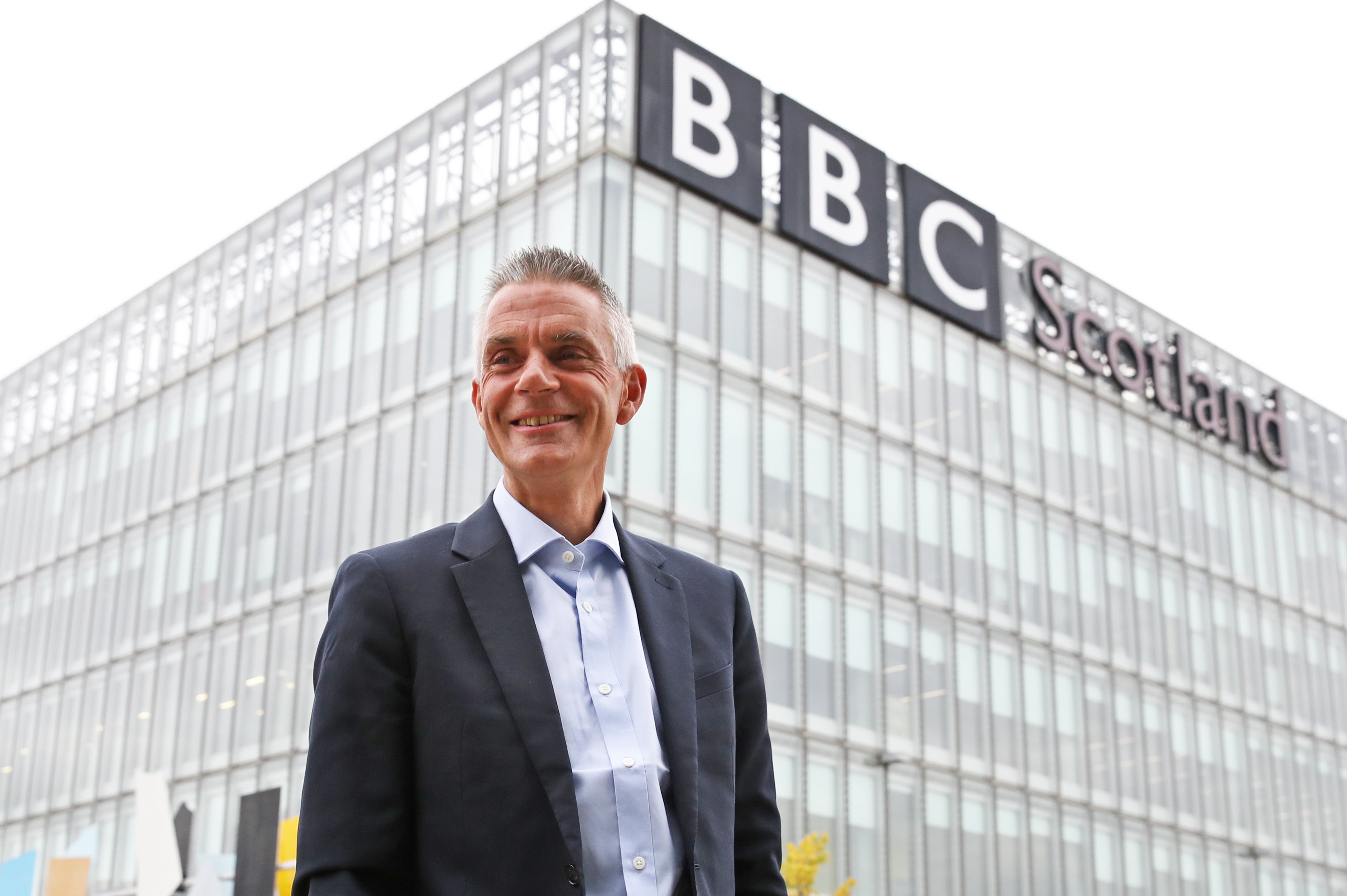June Sarpong to leave high-profile BBC diversity role
It comes as a string of senior executives of colour have departed the corporation within the past year amid concerns around racism and lack of diversity.

June Sarpong is set to leave her role as the BBC’s director of creative diversity amid ongoing concerns about lack of diversity within the corporation.
The seasoned broadcaster has worked with the corporation on a part-time, contractual basis having joined just over two years ago as the first person to occupy this role, geared towards “increasing the number of ethnic minorities and disabled people on screen”.
Ms Sarpong, 44, signed a new agreement when the initial one expired last November, which remains ongoing. She is expected to finish her work at the BBC this year, The Independent understands.
A spokesman for the broadcaster said: “As the BBC’s Director of Creative Diversity June Sarpong is continuing to deliver on her commitments to ensure audiences across the UK, from all backgrounds and communities, can feel that the BBC is for them.”
It comes as a string of senior executives of colour have departed the corporation within the past year while concerns around racism and lack of diversity remain ongoing, including head of creative diversity Miranda Wayland - who’s joining Amazon - and Rozina Breen - who will become the Bureau of Investigative Journalism’s chief executive.
Seasoned BBC News presenter Sangita Myska recently left while Debbie Ramsay, the BBC’s most senior Black news executive, will soon join Channel 4 and Jackie Christie, who led on race equality in BBC’s human resources team, has also departed.
Responding to the departures, a BBC spokesperson said: “The BBC nurtures world-class talent and people move on for a variety of reasons, including to take up excellent jobs elsewhere, which we have seen happen recently.”
Prior to these departures, BBC London’s arts and culture correspondent Brenda Emmanus quit the organisation in October 2020 as the corporation faced accusations of not treating her departure with due recognition after 18 years of service. A press release was quietly issued with very little fanfare and the news broken on Twitter. BBC News broadcaster Nina Robinson also left in December 2020.

The corporation is currently advertising for the role of director of diversity and inclusion - a role that is thought to combine the newly-vacant deputy head of diversity job and Ms Sarpong’s creative diversity duties.
Having joined the corporation in November 2019, Ms Sarpong has led the ‘Creative Diversity Commitment’ where the corporation pledged £100 million towards producing inclusive programming over a three-year period from April 2021 and the BBC’s first Creative Diversity Xperience (2020) showcasing Black, Asian and Minority Ethnic talent in the UK creative industry, featuring renowned actors including Cynthia Erivo and Michaela Coel.
However, the BBC does not have any Black people occupying a senior commissioning role, its own data shows, while a report from the Sir Lenny Henry Centre for Media Diversity published in December exposed all-white radio newsrooms thriving in BBC Scotland, Wales and Northern Ireland.
Between 2019-20 and 2020-21, the total number of Black, Asian and Minority Ethnic people working at the BBC rose from 15.7 per cent to 15.9 per cent. However, within that, the proportion of Asian employees has stayed the same at 6.7 per cent across both years and Black representation has decreased from 3.5 per cent to 3.4 per cent.
However, the BBC told The Independent that its annual report, set to be released in July, is expected to show an increase in the proportion of black and minority ethnic staff employed in the last year.
Last November, the corporation’s director-general said his efforts to increase diversity and inclusion at the broadcaster are like moving an “oil tanker” and that “turning cultures” takes years.
Speaking during the Channel 4 Inclusion Festival, Tim Davie highlighted the work the broadcaster was doing to increase the number of diverse employees across its business and on screen. However, he admitted further efforts were needed.
Last March, The Independent revealed that BBC staff members accused its employer of paying “lip service to diversity” after breaching its own guidelines through the sacking of editorial director Kamal Ahmed which rendered an exclusively white board.
This came after the corporation faced widespread criticism for its use of the N-word, banning of staff attending Black Lives Matter protests and the treatment of Naga Munchetty over her justified comments on race.
In 2019, the corporation established a policy that all senior leadership groups should have at least two staff members from black and minority ethnic backgrounds which means the current status is at odds with the BBC’s own diversity guidelines.
Throughout a two-part investigation in 2020, dozens of current and former Black employees spoke about alleged bullying and a “glass ceiling” at the corporation, describing a culture that favours white, middle-class employees.
Join our commenting forum
Join thought-provoking conversations, follow other Independent readers and see their replies
Comments


Bookmark popover
Removed from bookmarks